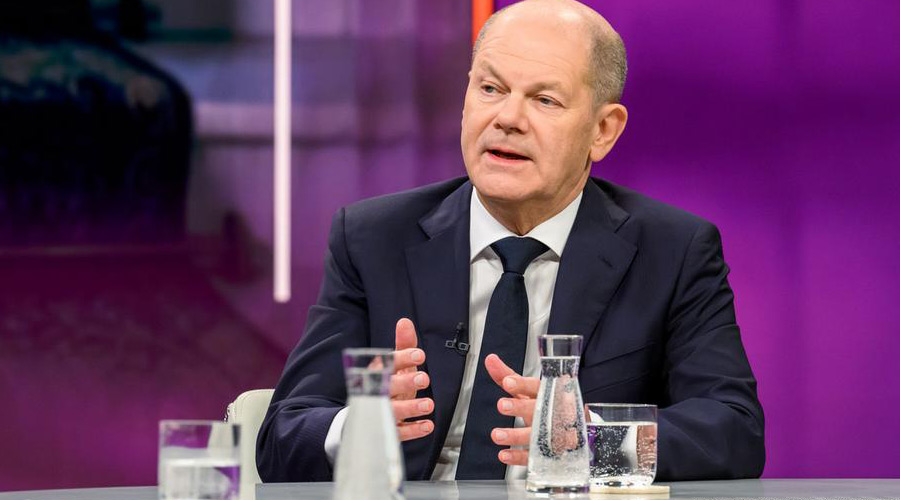India and Germany have for long had strong economic relations. As Europe’s most influential capital, Berlin has held a special place in New Delhi’s diplomatic planning. Yet, the visit to India by the German chancellor, Olaf Scholz, last weekend reflects a rare strategic alignment between the two nations over some of the world’s biggest challenges. There were the usual talking points that mark most major diplomatic visits to India: the governments want to deepen defence ties and increase trade. But it is in dealing with key geopolitical currents that the two sides need each other the most. Over the past year, both Germany and India have faced pressure from other Western nations that have accused them of weak-kneed responses to Russia’s war in Ukraine. Berlin has been criticised for its reluctance to rush a never-ending stream of high-tech weapons into Ukraine without evaluating the consequences and risks of escalation. India has been accused, effectively, of funding the war by buying record levels of subsidised Russian oil and fertilisers. This, even though Germany is among the biggest suppliers of aid and weapons to Ukraine; New Delhi, too, has supplied humanitarian aid to Kyiv.
Although Germany has enforced tough European Union economic sanctions against Russia, India has refused to join such measures. But there is an underlying commonality to the approaches of both governments. Unlike the United States of America and the United Kingdom, Germany and India have both been more wary of steps that could jeopardise hopes of moving towards peace. As the economic and geographical heart of Europe, Germany knows that the continent — and Germans — will suffer more pain the longer the conflict continues, with disrupted global supply chains keeping costs elevated even as refugees continue to seek shelter. India has also suffered the economic consequences of supply chain blockages and sanctions on Russia. New Delhi is additionally keen that the West focus its attention on China more than Russia. India and Germany are also troubled by the shift away from globalisation that the US and the UK are leading, both on trade and immigration. Mr Scholz’s promise in Bengaluru to make visa processes easier for Indian information technology professionals attests to an alternative vision. India and Germany must now work together to bring other like-minded nations together. At a time when war and trade disputes are ripping apart the fabric of the post-Cold War world, New Delhi and Berlin could help hold it together.











